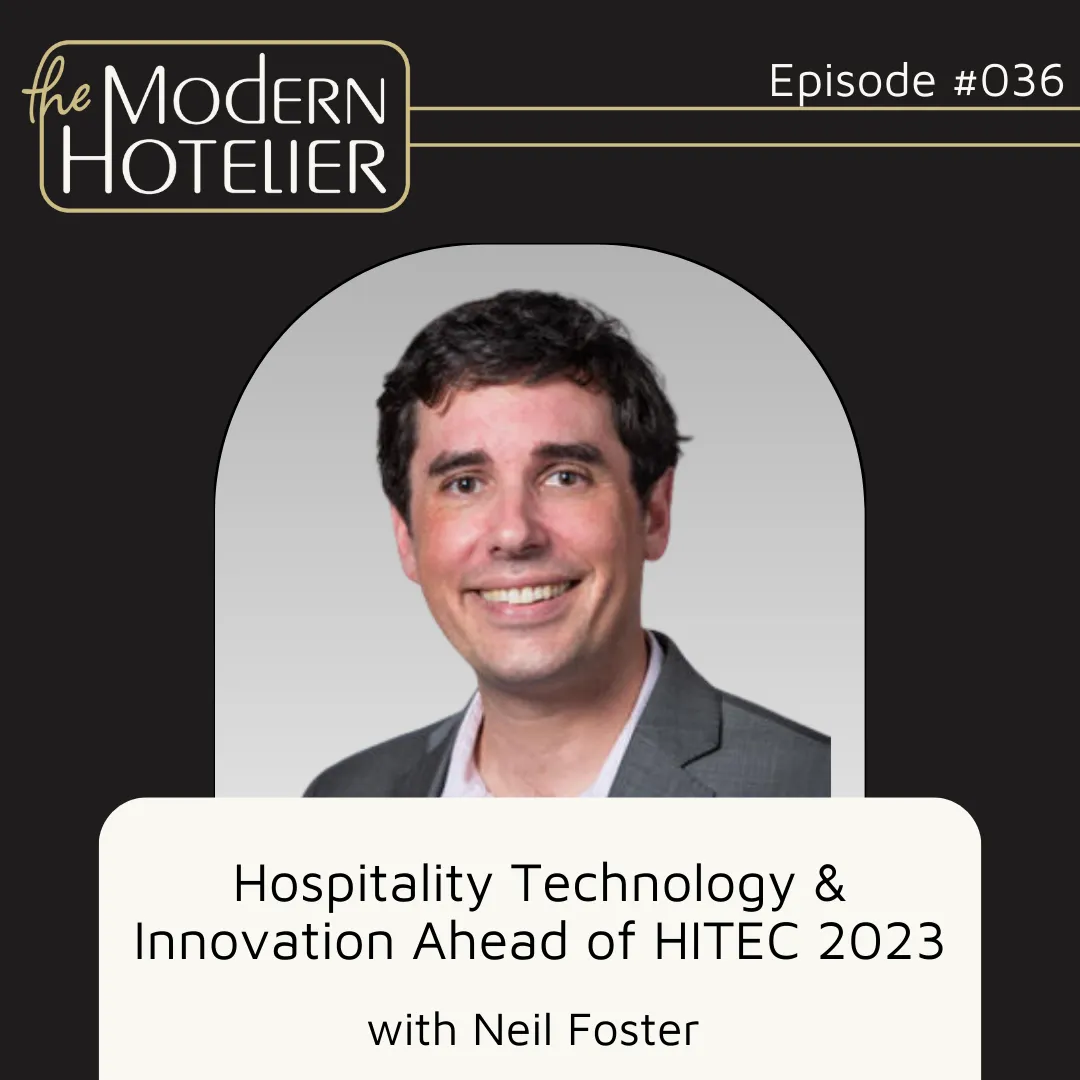Do you want to gain insights into the latest trends and advancements in the hospitality industry, specifically focused on technology and innovation?
In this episode, we have a special guest speaker, Neil Foster, the President of HFTP (HITEC, USALI). Neil will share invaluable career insights gained from his vast experience in the field. We will also delve into his journey to the Global Board of HFTP (Hospitality Financial and Technology Professionals)
In this episode, you will learn about:
• The remarkable journey of Neil Foster to the Global Board of HFTP
• What the innovative advancements and changes will shape the hospitality industry.
• How HFTP can strategically adapt to embrace technological shifts in the industry.
• The crucial role technology will play in the hospitality industry and its impact on operations and guest satisfaction.
Join us as we uncover the exciting ways in which technology is revolutionizing the hospitality industry. Get ready to dive into the thrilling world of hospitality as we discuss the latest trends and advancements leading up to HITEC 2023.
The Modern Hotelier is produced, edited, and published by Make More Media: https://makemore.media/
Episode Links
Neil Foster
David Millili
Steve Carran
Steve on LinkedIn
The Modern Hotelier
Transcript
Automatic Transcription - please excuse any errors

